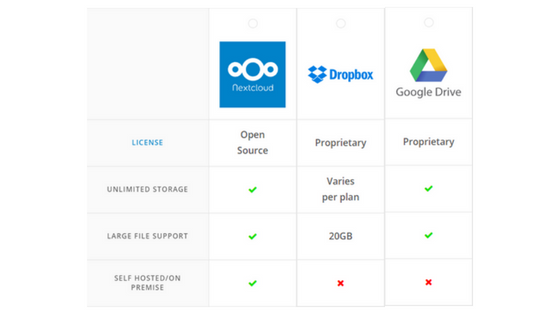

For example you might scan your tax records, burn them onto a DVD and keep them at a (trusted!) friend’s house. If you use external storage media and keep them in the same physical location as your primary computer, make sure that you have some sort of off-site backup. On the con side, external media can get lost, stolen or mislabeled, and the drives and disks are also subject to the same risks as your primary computer in the event of a fire or flood. You don’t need to worry about confidentiality of your data or about the reliability of a third party business. On the plus side, you’re in control of the backups, and your data is in your hands. If you use backup software, just make sure that you know how to restore your data from the backed up version, since the software may not store the data in a format that you are used to using.Įxternal storage media have a few main pros and cons.

You can back up to external media either manually (copying over the files that you want to back up) or by using software that runs the backups for you automatically, such as Acronis TrueImage or Norton Ghost.

External hard drives are easy to use and the price for them has fallen, but my understanding is that they can also be susceptible to malware attacks if your primary hard drive is affected. CDs and DVDs can hold a lot of data (maybe up to 8.5 gig for a DVD) but their lifetime can vary by the burning method and the brand of disk. A few considerations: flash drives are hard to label and easy to lose, but as I understand it they are not damaged by contact with magnets or magnetic fields, which is a plus. Some possibilities are:Įxternal media: This could involve backing up your files onto a flash drive, CD/DVD or external hard drive. If you have a backup computer, you won’t be stuck waiting for a new primary computer to arrive if your primary computer dies.Īt the macro level, you need a way to back up large numbers of files or even your entire computer system, so you have to look at larger solutions. This is one reason why I think that an entire backup computer (laptop or desktop) is a good idea. It wasn’t a catastrophic failure, but the computer was unusable until I got a new video card. This point was driven home to me when my primary computer’s video card failed.

That way, if I have an issue before the project is done, I simply go to the Gmail account and download the file I need onto another computer, and no time is lost. At a minimum, I do this at the end of every day, by sending those files to my Gmail account. The point is that at some point, a bad thing will happen to your computer and you will need to restore some data.Īt the micro level, I think it’s good to periodically e-mail yourself the current version of a project in progress so that you don’t lose the time that you’ve put into it. Some day, your computer will fail or you will accidentally erase some critical files or your office will flood or your computer will get stolen, or maybe more than one of these things will happen. If you’re not backing up at least once a day, you’re playing Russian roulette with your business.Īs a freelance translator, a functioning computer is absolutely critical to your business. On the dining room wall, they had a sort of shadow box frame, and in it was a computer disk (this was back in the day of five-inch floppies) spray painted gold, with the caption “BACKUP COPY.” As a teenager I remember being horrified by their choice of home decor, but over the years I’ve actually thought of making my own similar display for my office. Years ago, I was visiting friends of friends in Denmark and the inhabitants of the house happened to be very serious geeks.


 0 kommentar(er)
0 kommentar(er)
